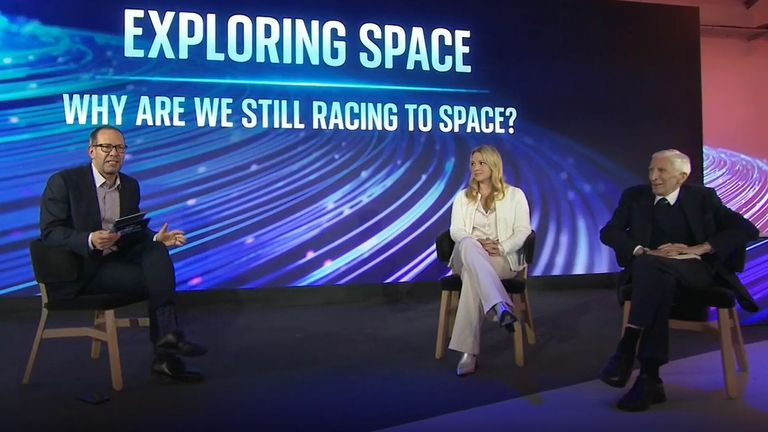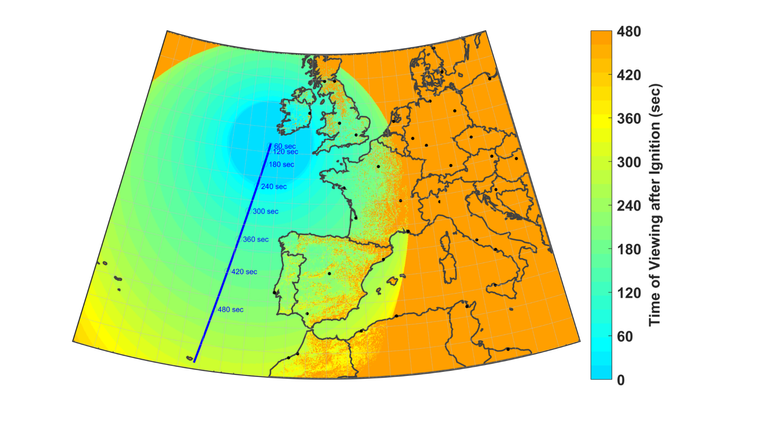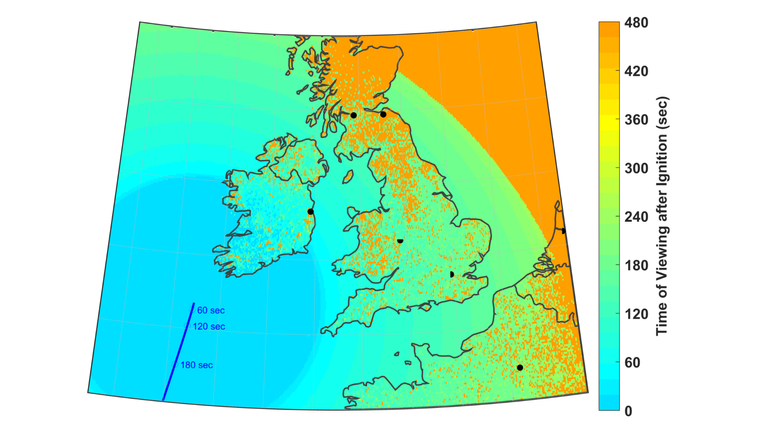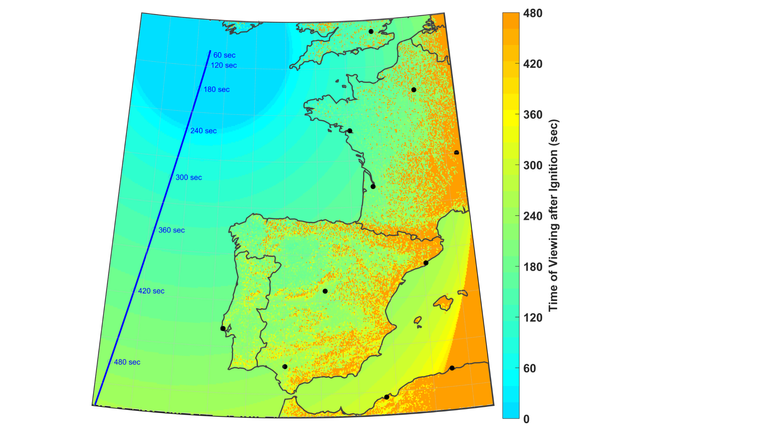A historic rocket launch will launch a satellite into space from the south-west coast of England on Monday.
The initial window for the Start Me Up mission will open at 10.16pm, weather permitting, when the LauncherOne system lifts off from Spaceport Cornwall.
It will sit under the wing of a modified Boeing 747 nicknamed “Cosmic Girl” and carry a satellite payload including prototype track factory Used in the manufacture of high-value alloys and semiconductors.
The launch date for the first orbital launch from mainland Britain or anywhere in Western Europe was announced after technical problems pushed it back from its pre-Christmas target.
But after a successful rehearsal on Thursday, organizers confirmed a time slot for Monday night.
A backup date has been earmarked for later this week in the event of severe weather or other issues between now and the launch window.
Melissa Thorpe, head of Spaceport Cornwall, described the launch date as a “remarkable moment” that will “change the way the world accesses space”.
Late last year, the Civil Aviation Authority began preparations for the launch UK’s first spaceport license granted November.
Launch operator Virgin Orbit, Get your own license in the next month.
This week, clearance was granted for every satellite in flight, including the so-called Dover Pathfinder, which was designed in the UK by engineering firm RHEATECH.
Pathfinder is the first step in building a constellation of satellites to protect the nation’s defense and critical national infrastructure, including power grids and communications networks, from hostile threats.
read more:
How to watch the UK’s historic rocket launch
Everything you need to know about the UK rocket launch
How will the launch go?
It will be a horizontal launch, not a NASA-style vertical launch.
Considering Cosmic Girl is an old Boeing 747, the view from Spaceport Cornwall is no different than any other plane taking off under the cover of night.
Below its left wing is LauncherOne, which will launch at 35,000 feet over the Atlantic Ocean before accelerating to 8,000 mph on a mission to deploy seven satellites into orbit.
can you see it?
Chances are you will – in fact, it will be visible in the UK, Ireland and parts of France, Portugal and Spain.
A map released by launch operator Virgin Orbit shows when and where eagle-eyed space enthusiasts in each country can expect to see it in the sky.
The path of the 21-meter (69-foot) rocket, designed by California-based Virgin Orbit, is shown in blue, with circles indicating approximate positions at each minute along the path.
Virgin Orbit says people in the UK and Ireland should be able to see LauncherOne within 60 seconds of starting it up, while coastal areas in France, Portugal and Spain will get good visibility within two to three minutes.
The entire launch phase is estimated to last approximately 10 minutes.
What makes this mission so important?
The UK has only completed one orbital launch, the Black Arrow in 1971, which was actually launched from Australia.
The Cornwall launch is part of the government’s National Space Strategy and should pave the way for more launches.
Hope to follow Start Me Up with launches from Scotland, specifically the Sutherlands and Shetlands – these will be vertical launches, again carrying satellites.
UK Space Agency deputy chief executive Ian Annette said the Cornwall launch marked the beginning of a “new era in space for the UK”.
“This will lead to new careers, increase productivity and inspire the next generation of space professionals, and this is just the beginning,” he said.
“I look forward to seeing more launches from other UK spaceports next year, placing us firmly in the leading European destination for commercial small satellite launches.”



